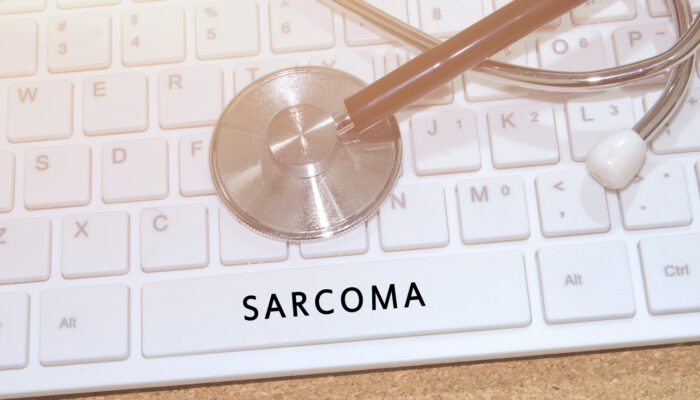
10 signs of Crohn’s disease
Living with Crohn’s disease can be a challenging journey, especially when the signs of Crohn’s disease are not immediately recognized. This chronic inflammatory bowel disease can be elusive, often mimicking other gastrointestinal disorders. However, understanding its symptoms can lead to a quicker diagnosis and better management. So, let’s dive into the top ten signs that could indicate Crohn’s disease.
- Persistent diarrhea
One of the most common signs of Crohn’s disease is persistent diarrhea. This isn’t your run-of-the-mill upset stomach; we’re talking about frequent, watery stools that just won’t quit. This happens because the inflammation in the intestines prevents them from absorbing nutrients and fluids properly. If you’ve been running to the bathroom more than usual, it might be time to see a healthcare professional.
- Abdominal pain and cramping
Experiencing sharp or cramping abdominal pain is another hallmark of Crohn’s disease. This pain often strikes in the lower right abdomen, but it can occur anywhere along the digestive tract. The inflammation causes the intestines to swell, leading to discomfort and sometimes severe pain. If over-the-counter pain relievers aren’t cutting it, this could be a sign to dig deeper.
- Unintended weight loss
Losing weight without trying might sound like a dream come true, but in the context of Crohn’s disease, it’s a red flag. The inflammation can interfere with digestion and nutrient absorption, leading to weight loss. If your clothes are suddenly feeling loose and you haven’t changed your diet or exercise routine, it’s worth investigating further.
- Fatigue
Feeling constantly drained or exhausted is another symptom that can accompany Crohn’s disease. The chronic inflammation, coupled with poor nutrient absorption, can leave you feeling wiped out. It’s not just about needing an extra cup of coffee; this fatigue can be overwhelming and affect your daily life. If you’re finding it hard to muster up the energy for everyday tasks, it might be time to consult with a healthcare provider.
- Blood in the stool
Seeing blood in the toilet can be alarming, and it’s definitely not something to ignore. Blood in the stool is a potential sign of Crohn’s disease, indicating that there might be bleeding somewhere in the digestive tract. This could be due to ulcers or inflammation in the intestines. If you notice this symptom, it’s crucial to seek medical advice promptly.
- Reduced appetite
When your digestive system is in turmoil, it’s no surprise that your appetite might take a hit. Crohn’s disease can cause nausea and discomfort, making food the last thing on your mind. This reduced appetite, combined with other symptoms like abdominal pain, can contribute to the unintended weight loss often seen in Crohn’s patients.
- Mouth sores
Crohn’s disease doesn’t just affect the intestines; it can also cause sores in the mouth. These painful ulcers can make eating and drinking uncomfortable, further impacting nutrition and appetite. If you’re noticing recurrent mouth sores alongside other gastrointestinal symptoms, it might be worth discussing with a doctor.
- Fever
A low-grade fever is another symptom that can accompany Crohn’s disease. This fever results from the body’s immune response to the inflammation in the intestines. While it might not be as high as a typical fever, it’s still a sign that something is amiss in the body.
- Joint pain
Surprisingly, Crohn’s disease can also cause joint pain. This is due to the inflammation in the body affecting areas beyond the digestive tract. If you’re experiencing unexplained joint pain along with other symptoms, it might be connected to Crohn’s disease.
- Skin issues
Inflammation from Crohn’s disease can sometimes manifest in the skin, causing rashes or sores. These skin issues can be another clue pointing towards an underlying gastrointestinal problem. If skin changes accompany your digestive symptoms, it’s a good idea to get them checked out.
Recognizing these signs of Crohn’s disease can be the first step towards managing this condition effectively. If you’re experiencing several of these symptoms, it’s important to consult with a healthcare professional. Early diagnosis and treatment can make a significant difference in managing Crohn’s disease and improving quality of life. Remember, when it comes to health, it’s always better to be proactive!



